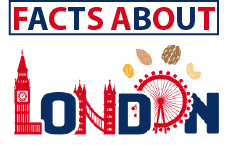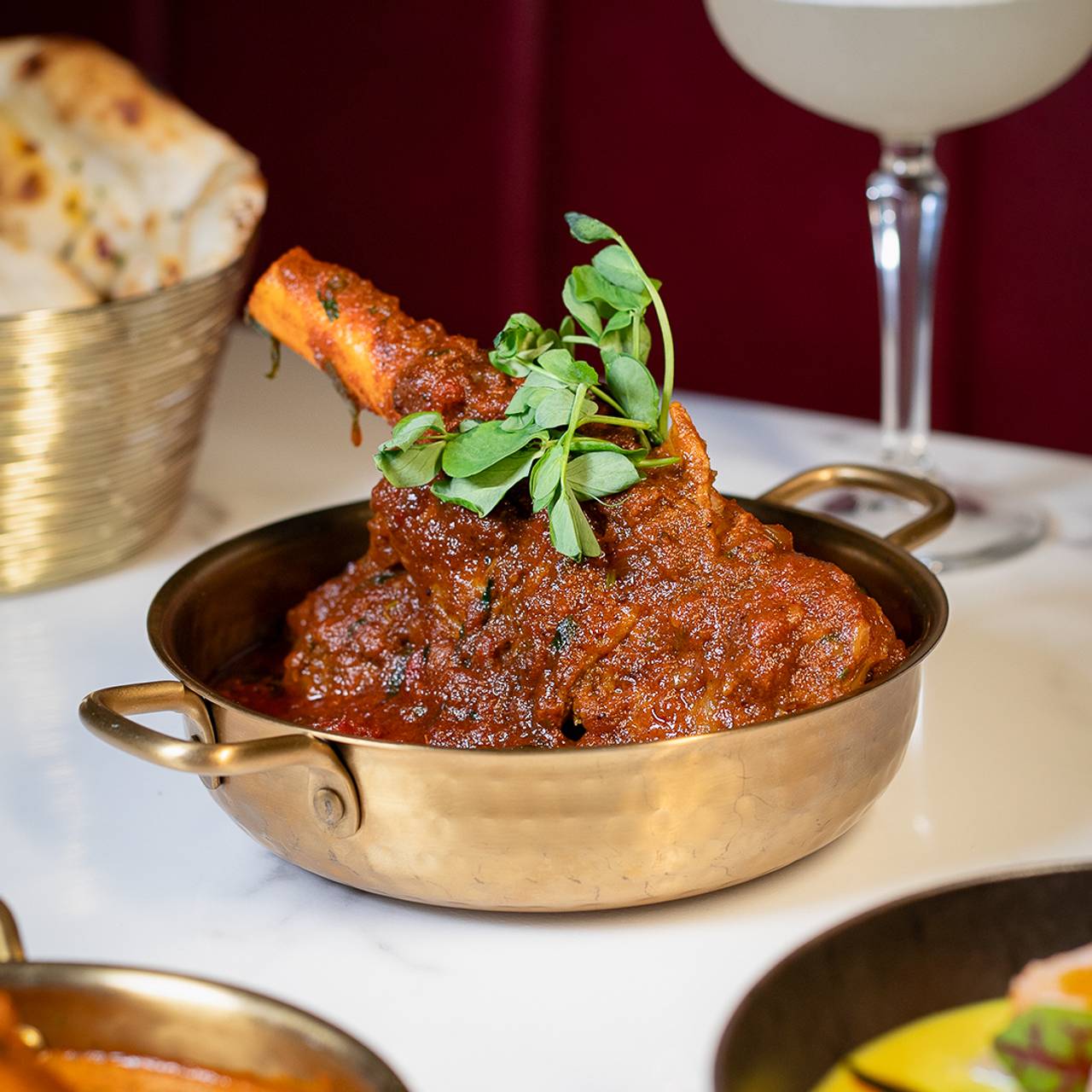The Best Paya in London: Origin and Taste
London’s vibrant food scene is a melting pot of global cuisines, with flavors from every corner of the world tantalizing the taste buds of its residents and visitors. Among the many delightful dishes that have found a home in this city is Paya, a traditional South Asian delicacy. Known for its rich, savory taste and hearty composition, Paya has become a favorite among food enthusiasts. Let’s delve into the origins of Paya, its distinctive taste, and where you can find the best Paya in London.
Origin of Paya
Paya, also known as trotters or hoof curry, is a traditional dish with deep roots in South Asian cuisine, particularly in Pakistan, India, and Bangladesh. The word “Paya” literally translates to “feet” in Hindi and Urdu, referring to the main ingredient of the dish: the trotters of goats, lambs, or cows.
The origins of Paya can be traced back to the Mughal era, where it was considered a luxurious dish, often prepared for royalty. Over time, it became a staple in the households of South Asia, especially during festive occasions and winter months due to its warming properties. The dish is known for its long cooking process, which allows the collagen and marrow in the bones to break down, creating a thick, gelatinous, and flavorful broth.
Paya in London
London’s diverse culinary landscape has embraced Paya with open arms, with many restaurants offering their unique takes on this traditional dish. Here are some of the best places in London to savor authentic and delicious Paya.
Where to Find the Best Paya in London
1. Tayyabs
Located in Whitechapel, Tayyabs is a renowned restaurant known for its authentic Pakistani cuisine. Their Paya is a must-try, featuring tender lamb trotters cooked in a rich and aromatic gravy. The slow-cooked process ensures the meat is fall-off-the-bone tender, and the broth is infused with spices like ginger, garlic, and garam masala. Served with naan or rice, it’s a hearty and satisfying dish.
2. Lahore Kebab House
Also situated in Whitechapel, Lahore Kebab House offers a taste of traditional Punjabi cuisine. Their Paya is cooked to perfection, with a deep, savory flavor that comes from hours of simmering the trotters with onions, tomatoes, and a blend of spices. The result is a thick, gelatinous broth that is both nourishing and delicious.
3. Dishoom
Dishoom, with multiple locations across London, brings the flavors of Bombay to the city. Their version of Paya is inspired by the Irani cafés of Mumbai, offering a slightly modern twist on the classic dish. The lamb trotters are slow-cooked until tender and served in a fragrant broth, with a touch of lemon and coriander for added freshness.
The Taste of Paya
The taste of Paya is truly unique and deeply satisfying. The key to its distinctive flavor lies in the slow-cooking process, which allows the marrow and collagen in the trotters to dissolve into the broth, creating a rich, gelatinous texture. The broth is typically spiced with a blend of traditional South Asian spices such as cumin, coriander, turmeric, and garam masala, giving it a complex and aromatic profile.
The meat itself is incredibly tender, having absorbed all the flavors of the spices and broth. The gelatinous texture of the broth, combined with the soft, succulent meat, makes every spoonful a comforting and hearty experience. Paya is often garnished with fresh coriander, green chilies, and a squeeze of lemon juice, which adds a refreshing contrast to the rich, savory flavors.
Conclusion
Paya, with its rich history and distinctive taste, has firmly established itself as a beloved dish in London’s culinary scene. The city’s best restaurants offer a variety of authentic and delicious renditions, ensuring that every bite is a celebration of South Asian culinary tradition. Whether you’re a longtime fan or a curious newcomer, the Paya in London promises a culinary journey that is both hearty and delightful. Indulge in this traditional delicacy and savor the complex flavors that have been cherished for generations.

